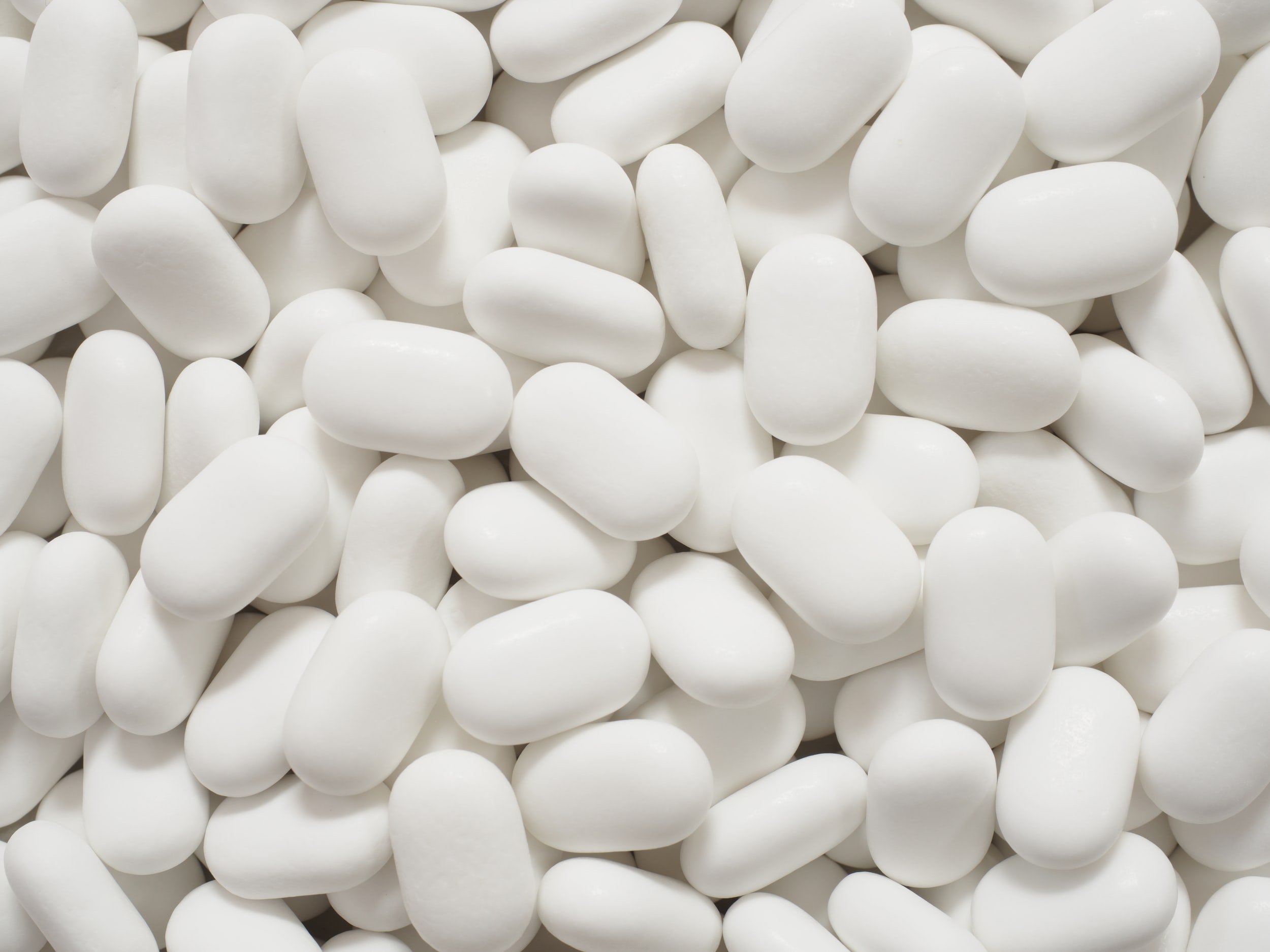About us
Antimicrobial resistance (AMR) is an urgent global health problem. Drug-resistant microorganisms already account for an estimated 700,000 deaths a year globally, a figure that could rapidly increase to 10 million deaths each year if no action is taken. A comprehensive global strategy towards solving AMR is needed. AMR-Global is a Public-Private Partnership characterized by a global focus. The partnership brings together experts in science, business, policy and society in the fight against AMR. Together we work towards a world where all those in need have access to effective and affordable antimicrobial solutions. The partnership works on innovations to improve infection prevention and control, access to improved diagnostics, antimicrobial stewardship, and access to effective antimicrobial drugs and vaccines, tested in real-world settings globally. AMR-Global aims to lift barriers to development, evaluation, and implementation of such innovations, with emphasis on innovations that matter for people in low- and middle-income countries.
“Antimicrobial resistance (AMR) is a global health and development threat that requires urgent multisectoral action in order to achieve the Sustainable Development Goals (SDGs).”
Which problems does AMR-Global address?
Positioning AMR as a key challenge to achieve equitable health
AMR has become an urgent global problem. Over the past few years, several attempts have been made to quantify the burden of disease caused by antibiotic resistance. In 2050, the number of people dying from infections with resistant will be higher than the number of people that is anticipated to die from cancer. Given this prediction, AMR deserves our full attention as a key challenge to achieve equitable health. In addition, due to the broken business model for AMR products, public support to drive innovation is crucial.
Meaningful solutions to fight AMR at a community level
A great burden of antimicrobial resistance is felt at the community level and especially those of low-income and middle-income countries. The difficulty of coming to meaningful solutions to curb AMR that matter at a community level is often underestimated. It is therefore crucial that we develop the required capability for understanding the complex factors contributing to resistance, as well as involve the community to work with innovators from the Netherlands and abroad. This way, solutions can be sought that make a difference for the millions of people that need to deal with AMR-associated problems on a daily basis.
Addressing the problem of market failure
While AMR is a fast-growing problem, we see a decline in the number of new products such as new antibiotic and new diagnostics. This is because such innovation nowadays brings little, if any, profit. Increasingly, the idea of rethinking models for AMR product development is animating both industry leaders as well as policy makers. While we live in a time of growing nationalism, this is a global problem that needs to be addressed. This will require global coordination, and strategic thinking and action. AMR-Global proposes an interdisciplinary and cross-sectional approach involving members from the private sector, and health economists.
Working on stewardship and access issues
The Netherlands has excellent stewardship programs enabled in all hospitals, which makes the AMR problem in the Netherlands a highly manageable one. However, resistant bugs do not stop at our borders, and the global nature of the AMR problem requires an international focus. We regard the ‘Dutch’ model as an export product. AMR-Global can incubate and accelerate such export by providing the relevant adoptions for each particular setting in low- and middle-income countries, but also countries in the eastern and southern part of Europe, where AMR is much more prevalent than in the Netherlands.
Promoting the use of diagnostics to steer targeted antibiotic intervention
Responsible use of medication, certainly in the veterinary setting, is still far away. Application of diagnostic tools for more targeted interventions is lagging, making treatment often more empirical than necessary. Stand-alone antibiotic development is not a true solution. Innovation in new resources must be combined with good and fast diagnostics (not enough are available yet).
Promote hygiene needs in a more sustainable way
Responsible use of disinfectants can reduce AMR. In combination with environmental aspects (e.g., waste water treatment and drinking water purification) this perspective from the cleaning / hygiene sector could contribute to a reduction of the AMR problems. AMR-Global will contribute so that society’s future hygiene needs can be met with more effective use of disinfectants to reduce AMR, at the same time keeping an eye on the costs of ensuring microbial safety while barriers to innovation to the hygiene sector are lowered.







